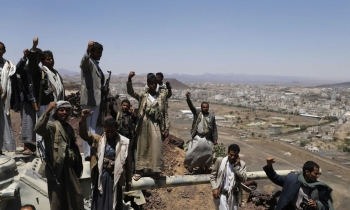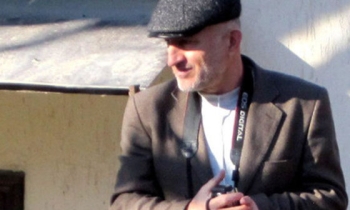TUNIS (AFX) - A world summit on the Internet is heading for a showdown over online governance, amid attempts to shift the balance of power away from the US.
Delegates from some 170 countries gathered in Tunis yesterday to start a final attempt to break their three-year deadlock on the issue, said Agence France-Presse.
Preliminary negotiations are not expected to be completed by the time the summit organised by the UN's International Telecommunication Union (ITU) begins on Wednesday, a spokeswoman for ITU, Sarah Parkes, and diplomats said.
The outcome could determine who eventually controls the technical and administrative infrastructure at the root of the Internet, which allows the computer network to function seamlessly worldwide.
Some officials fear the dispute could degenerate and eventually lead to the 'balkanization' of the Internet, breaking it up into a series of unconnected rival networks.
At the moment the Internet is administered mainly by the Internet Corporation for Assigned Names and Numbers (ICANN), a California-based independent body which is awarded the task by the US government on a renewable tender.
ICANN was set up in California in 1998 when the Internet boom was largely focused on the US.
It is run by a group of free-spirited enthusiasts who were anxious to avoid regulation of the Internet.
However, the exponential growth of Internet connections worldwide, and the web's growing economic and social importance, have prompted opposition to the US monopoly.
'The idea that the Internet is an unregulated haven, these days are finished,' a source close to the talks said.
ICANN assigns domain names worldwide. Although it has not tried to do so, it could be in a position to disconnect countries and disrupt communications for political or economic reasons, critics said.
Some officials also believe that the people behind ICANN have grown closer to the computer industry, and may face a conflict of interest when it comes to choosing one technology over another at the root of the Internet.
In July, a US government advisory body said that the way the domain name system is run should not be changed.
'Given the Internet's importance to the world's economy, it is essential that the underlying domain name server of the Internet remains stable and secure,' the National Telecommunications and Information Administration said.
US officials have refused to allow oversight to be handed over to the UN. Seven other proposals have been made in the talks running up to Tunis, with two other fundamental positions emerging.
Iran, backed by other major developing nations, wants a body 'anchored' to the UN to have oversight over ICANN and other agencies, with an advisory role for industry.
The EU is proposing a formula that would remove US political oversight over ICANN and replace it with a purely technical intergovernmental body -- though not necessarily the UN - after a transition phase.









